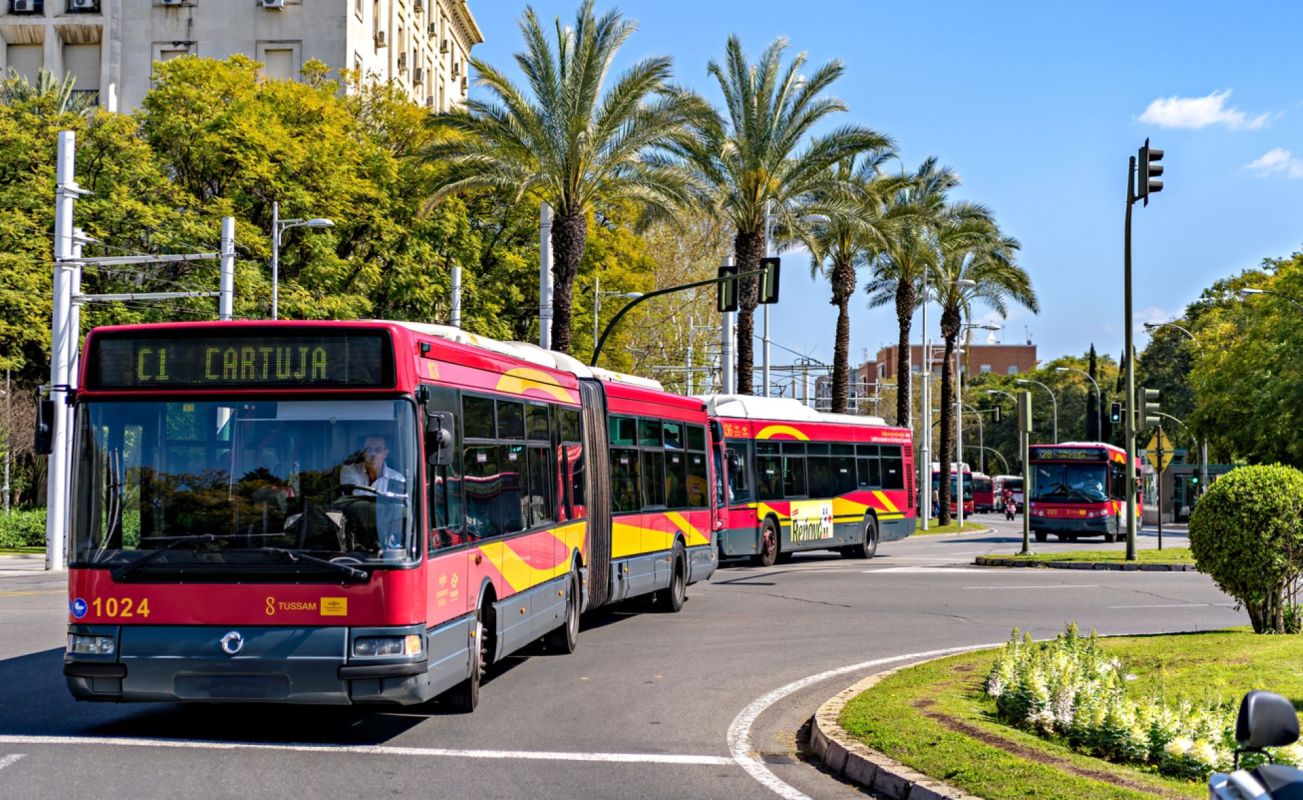Scientists have developed a solar-powered bus stop to help pedestrians cool off while waiting for a ride.
At the University of Seville in Spain, scientists have created a new system that uses solar energy and water to keep people cool at the bus stop, according to Electrek. The system has sensors that can detect when pedestrians are present, which signals it to turn on.
Once it activates, the bus stop draws fresh water from an underground cistern to cool the area. The water circulates around the bus stop and emits cold air through tiny holes. This process takes between 10 and 20 minutes, and once it finishes, the water moves back to the underground cistern, keeping it cool and ready for the next cycle.
The system has the power to cool the surrounding area to between 68 and 75 degrees Fahrenheit. On hot summer days when the peak temperature exceeds 100 degrees Fahrenheit, this is an invaluable asset for pedestrians who want to keep cool.
Elecktrek reported that the study's abstract said, "Urban space is considered a harsh place for citizens in large cities in Southern Europe due to the climate change situation."
Heat stress is a serious issue for those who spend time outdoors on hot summer days, especially as the planet continues to dangerously overheat. According to the Center for Disease Control, heat stress can cause heat stroke, cramps, rashes, and exhaustion.
To avoid heat stress and its dangerous side effects, cooling stations like the solar-powered bus stop will be an essential tool in keeping populations safe.
José Sánchez, the study's lead author, explained that the system is much more similar to a fridge than it is to an air conditioner. "It's not like an air conditioner, which produces cold air; the structure of the bus stop emits freshness, as is the case with refrigerators," he said to PV Magazine Spain. "Although it consists of more elements, its production is cheaper than common bus stops."
A pilot version of the system is set to debut in summer 2024 in Seville, and hopefully, its success will lead to cooler bus stops around the world.
Join our free newsletter for weekly updates on the coolest innovations improving our lives and saving our planet.









